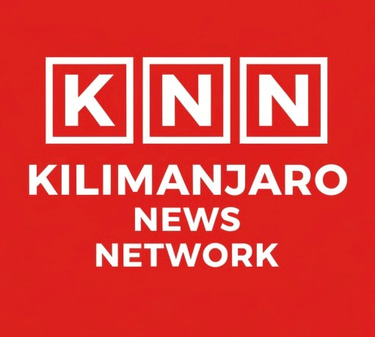Russia Car Giant Signs Deal with Ethiopia: From "Made in Russia" to "Made in Africa"
From "Made in Russia" to "Made in Africa": Unveiling the Lada Manufacture Car Deal with Ethiopia and its Geopolitical Implications. Russia means business in Africa. This is not a scene from a Cold War movie, but a modern reality, marking a potential turning point in Africa's economic and geopolitical landscape. The Lada manufacturing car deal, coupled with Russia's recent agreement to build a nuclear power plant in Burkina Faso, sparks a multitude of questions. Is this a genuine partnership aiming to foster African development, or a calculated move by the Kremlin to solidify its influence on the continent? What does this mean for established players like Turkey and China, both actively pursuing their own economic interests in Africa?
BUSINESS/FINANCE
2/16/20242 min read


Russia means business in Africa. This is not a scene from a Cold War movie, but a modern reality, marking a potential turning point in Africa's economic and geopolitical landscape. The recent Lada manufacturing car deal between Russia and Ethiopia, coupled with Russia's agreement to build a nuclear power plant in Burkina Faso, sparks a multitude of questions. Is this a genuine partnership aiming to foster African development, or a calculated move by the Kremlin to solidify its influence on the continent?
The Lada manufacturing car deal with Ethiopia signifies a significant shift in Russia's economic strategy. For decades, the phrase "Made in Russia" has been associated with heavy industries and military equipment. However, this partnership with Ethiopia represents a new era of diversification and expansion for the Russian automotive industry.
Ethiopia, with its growing economy and vast market potential, offers a lucrative opportunity for Russian car manufacturers. The agreement allows for the establishment of a manufacturing plant in Ethiopia, where Lada cars will be assembled using locally sourced materials and labour. This move not only creates jobs and stimulates economic growth in Ethiopia but also positions Russia as a key player in Africa's automotive sector.
From a geopolitical perspective, Russia's increasing presence in Africa raises questions about its intentions. Some argue that the Kremlin is using economic partnerships as a means to gain political influence and access to strategic resources. The nuclear power plant agreement with Burkina Faso, for example, grants Russia control over a vital energy source and strengthens its foothold in West Africa.
However, it is essential to approach this situation with caution and consider the potential benefits for African countries. The Lada manufacturing car deal, for instance, brings technology transfer and skills development to Ethiopia. It also enhances the country's manufacturing capabilities and contributes to its goal of becoming a regional hub for automotive production.
Furthermore, this partnership opens doors for collaboration in other sectors, such as infrastructure development and energy. Russia's expertise in these areas can support Africa's efforts to improve its transportation networks and address its energy needs. By fostering economic cooperation, both Russia and African countries can mutually benefit from these partnerships.
It is crucial for African governments to ensure that these partnerships are transparent and aligned with their long-term development goals. They should prioritize the transfer of knowledge and technology, local job creation, and the protection of their natural resources.
In conclusion, the Lada manufacturing car deal between Russia and Ethiopia represents a significant step towards diversifying Russia's economic presence in Africa. While questions about geopolitical motivations remain, it is essential to recognize the potential benefits that these partnerships can bring to African countries. By fostering transparent and mutually beneficial collaborations, Africa can leverage Russia's expertise and resources to drive economic growth and development.

